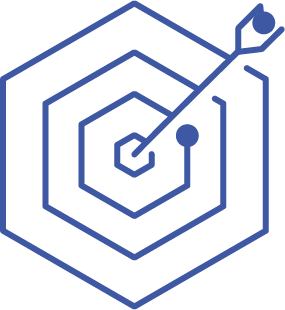- All Page Reports
- Research
- Thought Leadership
As the business landscape shifts due to global disruptions and changing societal expectations, the chief communication officer (CCO) role is expanding and transforming. This is one of the major findings of our latest research report, Beyond Communication: CCO Leadership in Navigating New Complexity. In it, we analyze how the role has evolved in the five years since our last major report, The CCO as Pacesetter.
We see the growing remit of CCOs as evidence that business recognizes its need to create value for all stakeholders, and is looking to CCOs to take on expanded responsibilities to make that happen across their organizations. This report underscores the pivotal role these leaders play in navigating through a maze of stakeholder demands, technological advancements, and societal expectations and what’s next for CCOs.
Roger Bolton, Page
To gain deeper insights into this transformation and to learn how CCOs can elevate their roles in the modern business landscape, download and receive a copy of Beyond Communication today.

KEY FINDINGS:

ENVISIONING THE FUTURE:

CALL TO ACTION:
This report highlights the challenges and opportunities facing CCOs and serves as a clarion call for these leaders to continue innovating, adapting, and guiding their organizations towards a future where business success and societal well-being are inextricably linked.
As leaders, we bear a significant responsibility to ensure the integrity of our data and the ethics of its application. Missteps can expose our organizations to data privacy issues, legal complications and ethical dilemmas. Equally important are the human aspects — the profound ways in which this technology will reshape our workforces, automate tasks, and create entirely new categories of jobs.
Jonathan Adashek, IBM